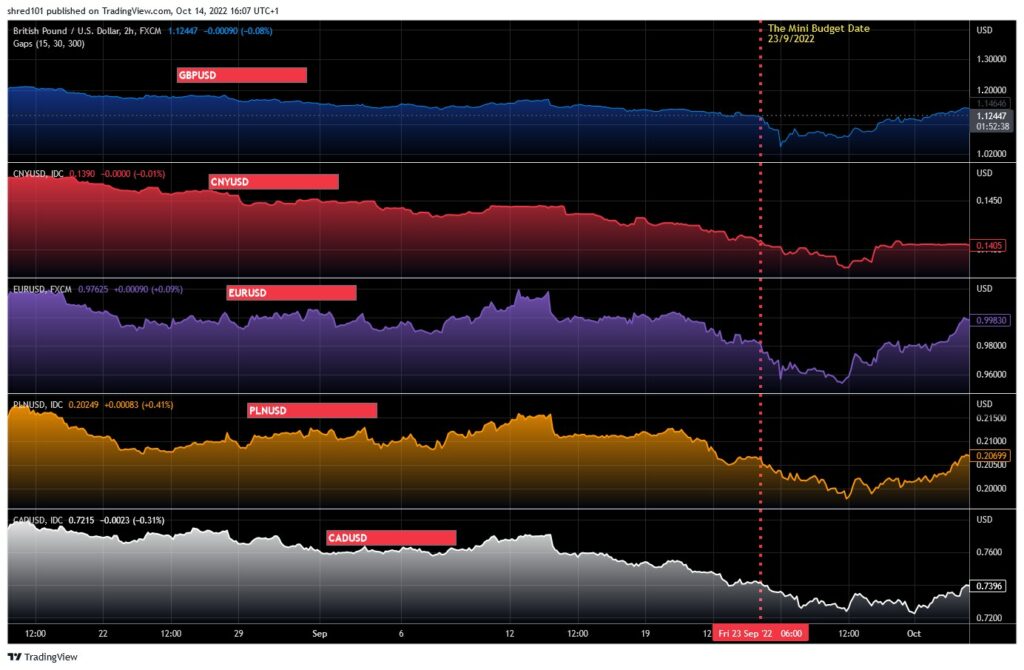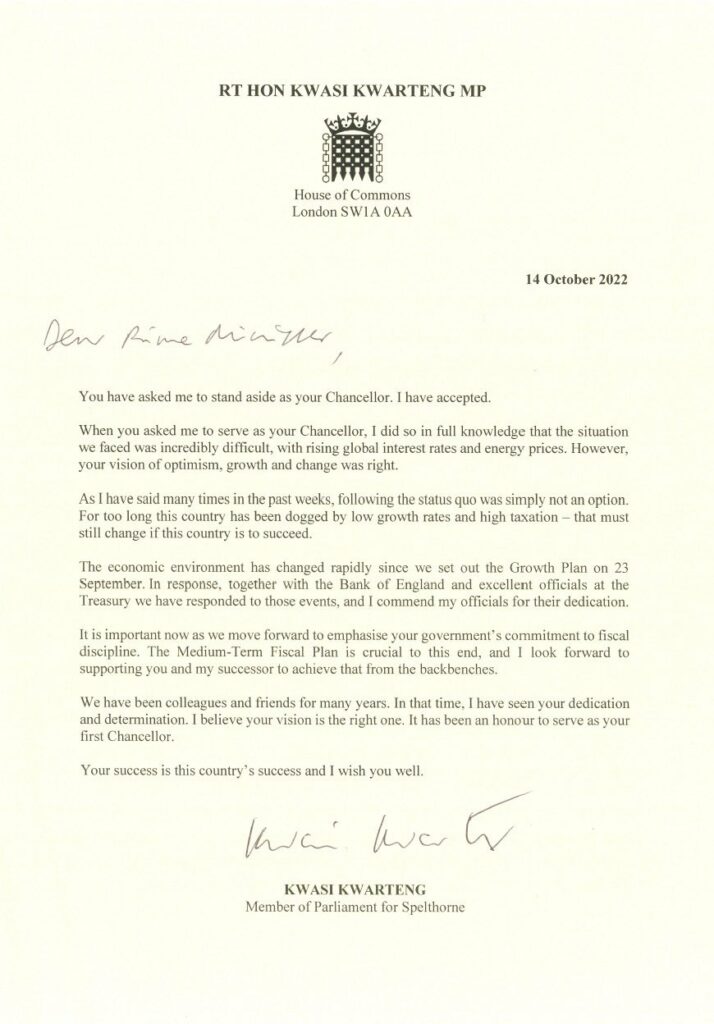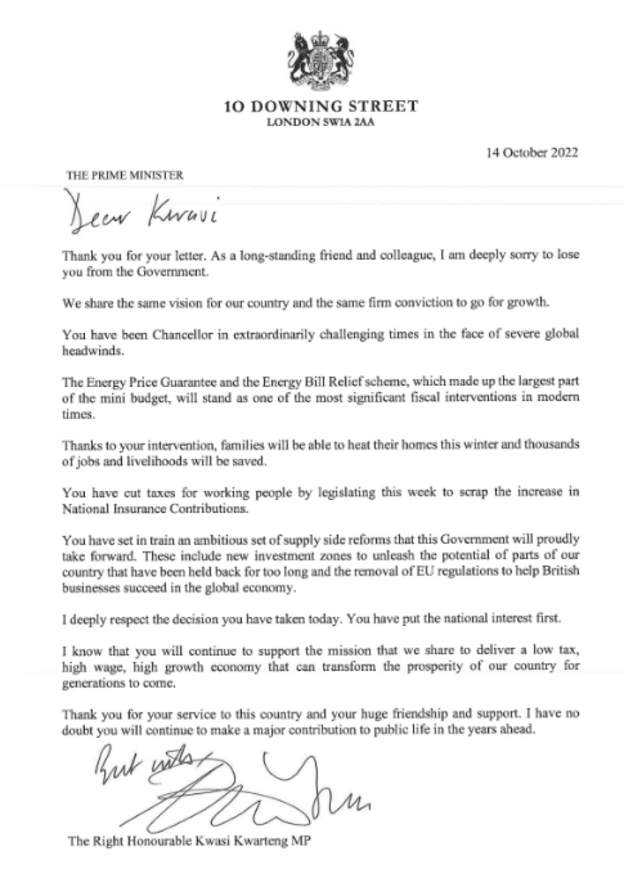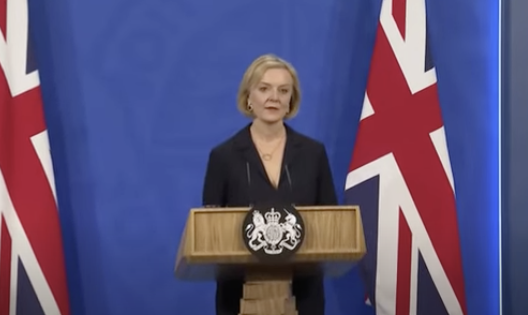14 OCTOBER 2022 | NEWS
The Chancellor of the Exchequer, Kwasi Kwarteng, has been sacked this afternoon by new Prime Minister Liz Truss.
The former Chancellor was asked to fly back a day early from a meeting in Washington for “discussions” with the PM.
Mr Kwarteng has been replaced as Chancellor by Jeremy Hunt, a former Health Secretary and Foreign Secretary.
Serious speculation began in Westminster this morning, following continued market turbulence. Mr Kwarteng had been responsible for implementing the ‘growth agenda’ set out by the Prime Minister during her leadership campaign, but uncertainty around the unfunded nature of many of the policies is said to have caused the value of the pound to drop considerably against the dollar.
The Government’s ‘fiscal event’, otherwise known as the ‘mini-Budget’, included £45bn in unfunded tax cuts that were intended to boost economic investment.
The Bank of England was forced to step in to stabilise the value of government gilts a little over two weeks ago, which drove the pound back up again, but has not fully calmed the markets.
But the pound’s fall is not solely due to the ‘mini-Budget’, and some economic commentators have suggested it may not be related at all. Like most major global currencies, it is measured against the US dollar, which has been fluctuating in recent times.
Both the euro and the Chinese yuan have also fallen against it, for example, given its recent spike, which is said by some sources to be related to developments in the US Forex market. None of the other countries using these currencies put out a highly conservative ‘mini-Budget’ at the same time.

However, the Prime Minister herself is now facing mounting pressure from agitated Conservative backbenchers to tender her own resignation as leader of the party, or possibly even to call a General Election.
It is understood in Westminster that many of them view her handling of both the ‘mini-Budget’ itself and the dismissal of Mr Kwarteng as disastrous for both the party’s morale and its reputation amongst the electorate.
The leader of the Liberal Democrats, Sir Ed Davey, has already called for a fresh mandate from the people, saying: “Enough is enough. It started with Boris Johnson failing our country, and now Liz Truss has broken our economy, it is time for the people to have their say in a General Election.”
In a press conference at 2:30pm, following Mr Kwarteng’s dismissal and Mr Hunt’s appointment, the Prime Minister announced a U-turn on her flagship policy of maintaining Corporation Tax at its current level of 19%. Instead, she will now raise it to 25%, in a similar policy proposed by her final rival in the leadership contest, Rishi Sunak (another former Chancellor).
The move is expected to cover £18bn of the £45bn shortfall in the current Budget plans. It follows a further recent U-turn on the Government’s plan to scrap the top 45p rate of income tax for the highest earners.
Ms Truss also appeared to acknowledge that her Government had moved too quickly with its ‘growth agenda’, saying it had gone “further and faster than the markets expected”. However, she added that she was “incredibly sorry to lose” Mr Kwarteng as Chancellor, calling him a “great friend”.
Mr Kwarteng’s letter to the Prime Minister, acknowledging her request that he step down, can be read in full here:

Following the appointment of the new Chancellor, the Chief Secretary to the Treasury, Chris Philp, was also moved to the Cabinet Office as Paymaster General, replacing Ed Argar, who will be the new Chief Secretary and deputise for Mr Hunt.
Labour’s Shadow Chancellor, Rachel Reeves, said of the news: “Changing the Chancellor doesn’t undo the damage that’s been done.”We don’t just need a change in Chancellor, we need a change in government.
“Only Labour offers the leadership and ideas Britain needs to secure the economy and get out of this mess.”
The Prime Minister took very few questions at the press conference earlier today, being repeatedly challenged by reporters as to why she remains in her role while her Chancellor, who was implementing her own agenda, is not.
She replied that it had been a very difficult decision, but added that: “What I’ve done today is make sure we have economic stability.” She also reiterated her determination to remain as Prime Minister and continue to deliver the agenda she set out during her campaign.
The Prime Minister’s letter in response to her outgoing Chancellor can be read in full here. Most notably, while the signature does appear to be hers, the name signing off at the bottom is his, which has not been explained:

It is understood in Westminster that there has also been speculation amongst Conservative MPs that Mr Hunt could even succeed Ms Truss as Prime Minister before long. One MP said the move had “hastened her demise”.
But veteran Tory MP Sir Bernard Jenkin said instead: “We must now be calm. Rash talk of ditching the PM, or calls for a General Election, will not calm the financial markets.”
And another senior Tory, Sir John Redwood, said the new Chancellor would “have a lot of work to do” with the Prime Minister in order to energise the economy.
Mr Hunt will deliver the Government’s fiscal plan on 31 October, as had originally been planned.
The Conservative Party did not respond to a request for comment.
The Prime Minister’s full press conference this afternoon can be watched here:

























